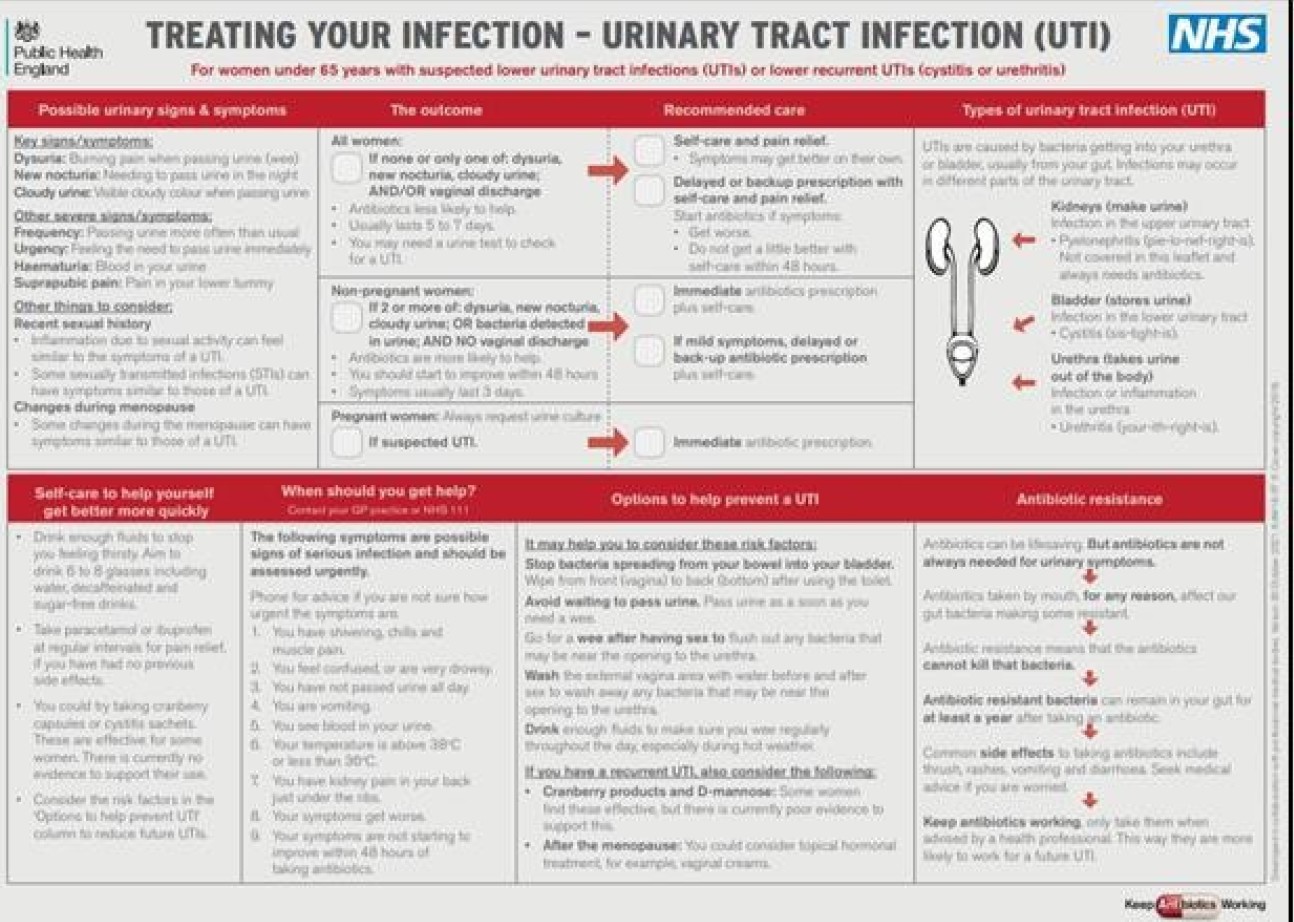The importance of patient involvement in research

Dr Nathan Peiffer-Smadja
Dr Nathan Peiffer-Smadja, Honorary Clinical Research Fellow writes a blog to highlight how patient involvement contributed to a research study
Although very common, urinary tract infections (UTIs) are often not recognised by patients. They are among the most frequent infections in clinical practice worldwide and can lead to hospitalisation, with an estimated annual cost of $2.8 billion (2011 US dollars). However, simple advice including the recommendation to drink plenty of fluids can reduce their frequency.
This study, brought together Dr. Raheelah Ahmad and other colleagues at Imperial College with experts at Public Health England, to work on the development and implementation of urinary tract infection information leaflets in community pharmacies, which play a key role in healthcare as a close and easily available contact for health advice.
The leaflets detailed the nature of UTIs, prevention advice, signs and symptoms of concern for a UTI, self-care measures that can be taken to improve recovery, treatments that can be prescribed by GPs and dispensed by pharmacists, and warning signs that should prompt emergency consultation.
We worked directly with community pharmacists in the borough of Newham to introduce the leaflets, enable their use with service-users for 3 months and gather feedback. We were able to implement the booklet in 20 pharmacies in Newham and the participating pharmacists were very appreciative of being part of this practice-based project.
 Detailed questionnaires were also sent to the service-users who were given the leaflet to get their feedback on how helpful they found it. Their feedback was incredibly helpful and we believe that thanks to them were able to make the leaflets simpler, clearer and more informative.
Detailed questionnaires were also sent to the service-users who were given the leaflet to get their feedback on how helpful they found it. Their feedback was incredibly helpful and we believe that thanks to them were able to make the leaflets simpler, clearer and more informative.
This work to develop and improve patient information both through feedback from community pharmacists and health system-users is still ongoing and the goal is to be able to make these leaflets available in many pharmacies in the UK.
Such operational research, which aims to address very practical problems though the implementation of interventions, may not be the most high profile or cutting edge research , but its potential to improve population health is enormous. Within it, the involvement and engagement of health system-users is crucial: they are the ones who know best how they like to be informed about infection prevention and how best to communicate with them on the best ways to ensure better health.
Article text (excluding photos or graphics) © Imperial College London.
Photos and graphics subject to third party copyright used with permission or © Imperial College London.
Reporter
Rakhee Parmar
Department of Infectious Disease
Nathan Peiffer-Smadja
Department of Infectious Disease